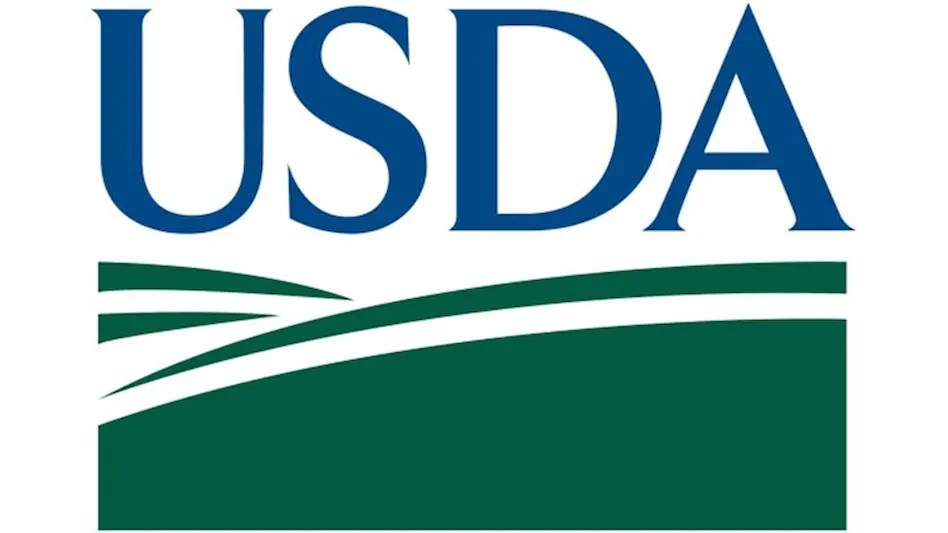
“Welcome to the new era of smarter food safety that is people-led, FSMA-based, and technology-enabled!” This closing line of a recent FDA statement struck me as a neat, one-line summation of what we can expect over the next few years from the new FDA leadership of Acting FDA Commissioner Ned Sharpless, M.D., and Deputy Commissioner Frank Yiannas, both of whom recently took office.
The full statement “on steps to usher the U.S. into a new era of smarter food safety” is nearly 1,500 words, but those 15 closing words give the industry an interesting perspective on the general direction we can expect.
Anyone who knows anything about former Walmart VP, blockchain-advocate Yiannas could predict that technology would be a key aspect of his tenure at the helm of the FDA’s food division. But he has another side, evidenced by his two books on creating and enhancing a behavior-based food safety culture, that ensures that the people part will not be neglected. And a third side, evidenced by his 2008 “Walmart Letter” mandating the use of GFSI standards by all suppliers and a last act in 2018 of requiring blockchain’s “real-time, end-to-end food traceability” by all the retailer’s leafy green suppliers, that shows he will enforce mandates when he sees food safety could be at risk.
Thus, new and evolving digital technologies are to be espoused — but “in a manner that benefits people, food companies, and the planet.” Technological advancements are to be embraced — but “in ways that build upon the vision FSMA set forth.”
Sharpless’ cancer care and research background would suggest that his greater focus will be on the drug side of the agency. However, if the accomplishments of his first year as NCI Director are any indication, we can expect that his “plan to maintain FDA’s current course of action in every area and proceed full speed ahead” will indeed move the agency — and all industries under its authority — at full throttle.
Combine all this with the fact that both Yiannas and Sharpless previously worked in the industry — “on the other side of the fence” — and you get an FDA that sees industry-government collaboration as a critical component of advancing food safety.
There’s no doubt we will be seeing a new era in food safety. It is an era in which some companies and organizations are already well-advanced and will likely be chomping at the bit to pull others along, such as the collaboration discussed in The Importance of Public-Private Partnerships to Advance Food Safety and LGMA Water Metrics Flip Water Safety Approach on its Head. But it also is an era which will require that very pull, along with some regulatory push, to overcome a multitude of challenges, such as those discussed in Another Lingering Outbreak: Another Call for Traceback and Is FSMA Finally Final?.
People. FSMA. Technology. FDA will be developing a “blueprint” for this smarter era of food safety to address traceability, digital technologies, and evolving food business models. It will be interesting to see exactly what that design entails, but regardless of the details, you can be assured that whether willingly or through pushing, pulling, or dragging, food facilities will need to adapt and be a part of this future.

Explore the June 2019 Issue
Check out more from this issue and find your next story to read.
Latest from Quality Assurance & Food Safety
- Bird Flu: What FSQA Professionals Need to Know
- Registration Open for 129th AFDO Annual Educational Conference
- Frank Yiannas, Aquatiq Partner to Expand Global Reach of Food Safety Culture
- World Food Safety Day 2025 Theme: Science in Action
- Ancera Launches Poultry Analytics System
- USDA Terminates Two Longstanding Food Safety Advisory Committees
- Catalyst Food Leaders Announces Virtual Leadership Summit for People in Food
- Food Safety Latam Summit 2025 Set for Mexico City





